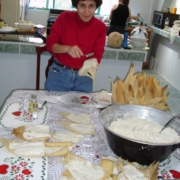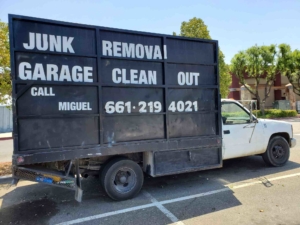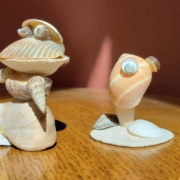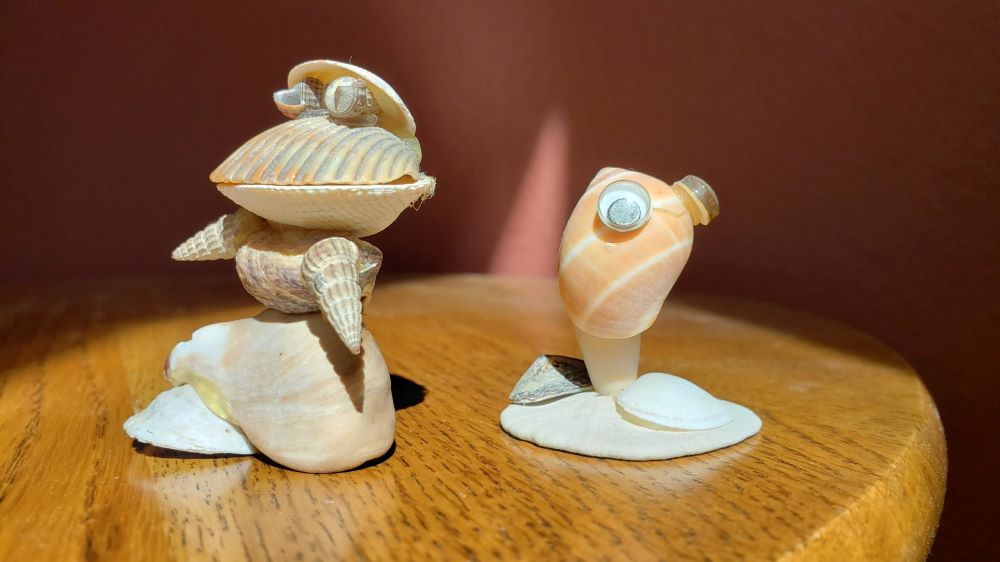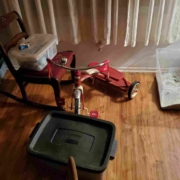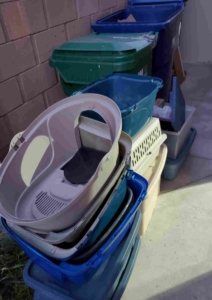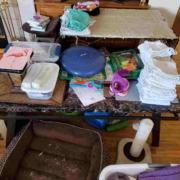Nostalgia—Fondness for Times Past
Why do some of us cling to the past?
Recent articles shed light on nostalgia and our fondness for times past. In explaining what nostalgia is, Dillon Wallace notes in his article, What is nostalgia and why do we crave it? that “the mind’s unwillingness to let go of childhood” was once viewed as a mental condition similar to depression.
What’s wrong with returning to the “good-old-days”?
Nostalgia is seen today as more of a pleasant experience giving people a sense of belonging, a higher self-esteem, and even increasing their charitable actions.
Why do some of us crave nostalgia more than others?
Before he died, a dear friend and his wife collected and restored classic Corvettes including a 1953 model (featuring a white exterior and red interior). Of the 300 made that year, his was one of the first 30 (in the 20s, I recall). He once told me that he collected them because as a young man (destined to fly in the Air Force, Vietnam, and later, test world-class fighter planes for Lockheed), he always wanted a Corvette but could not afford one. Nostalgia proved to be very profitable for him and his wife after they sold that particular restored model to an overseas buyer for an impressive high six-figures!
Some of us prefer looking ahead.
Others, like me, prefer forward movement. Life has so much to offer and in the short time we have on earth, I prefer to enjoy the present unfolding into a future filled with new opportunities.
In truth, we can never go home. The buildings are in disrepair, remodeled, demolished, or built anew. The people have changed, moved away, or died. Even those returning to small towns that seem unchanged will see with new eyes.
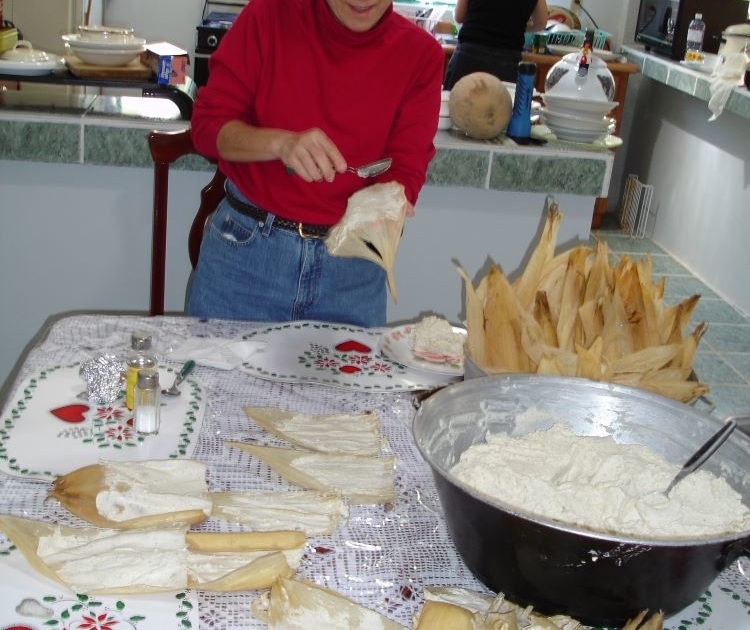 While I have no desire yet to relive the long-cold-winters of my Midwestern formative years, I hold two impressionable memories. I read about both in books during elementary and junior high school and had to relive them in my adult years. As a youth, I was fascinated by stories of Mexican families gathering during the holidays to make tamales. During Christmas of 2006, while in Mexico, I made tamales with friends who became family. The second, I will realize next month when I go whale watching. I hope to spot the elusive blue whale along California’s coastline. Realistically, I may barely see enough of the whale to appreciate the illustrated images imprinted in my mind from the book I read almost a half-century ago. “Eskimo families hunt together” and then share the whale for food, clothing, and heating oil.
While I have no desire yet to relive the long-cold-winters of my Midwestern formative years, I hold two impressionable memories. I read about both in books during elementary and junior high school and had to relive them in my adult years. As a youth, I was fascinated by stories of Mexican families gathering during the holidays to make tamales. During Christmas of 2006, while in Mexico, I made tamales with friends who became family. The second, I will realize next month when I go whale watching. I hope to spot the elusive blue whale along California’s coastline. Realistically, I may barely see enough of the whale to appreciate the illustrated images imprinted in my mind from the book I read almost a half-century ago. “Eskimo families hunt together” and then share the whale for food, clothing, and heating oil.
What makes us hold on?
Familiarity. Pleasant memories. Feeling safe. Fun.
Perhaps, like the pilot and his Corvette collection, nostalgia serves as an anchor as we relive the memories of our youth.
Yet, material things rarely fascinated me as much as experiences. But wait. Why then do I hold onto the old Singer sewing machine that my mother used while I pulled open and closed the drawers and tried on different-sized thimbles as a 3- and 4-year-old? Why do I still have the old Underwood typewriter with the black and red ribbon?
The truth is, we can only capture pieces of the past. For those willing to shed pieces in that small rearview mirror that is our past and make room for the open road ahead, we need patience and time.
The first of the two magic questions in STUFFology 101: Get Your Mind Out of the Clutter book will help us.
MAGIC QUESTION #1: If I lost this item in a disaster, would I take the time to replace it?
It’s never too late. Start now, while you’re young enough. Whether you’re 30 or 80, you’ll never be as young as you are today. Enjoy what you have then let go to let in what life has to offer. And no, I would not reacquire the Singer sewing machine. I would however buy the Underwood typewriter.
For more information:

